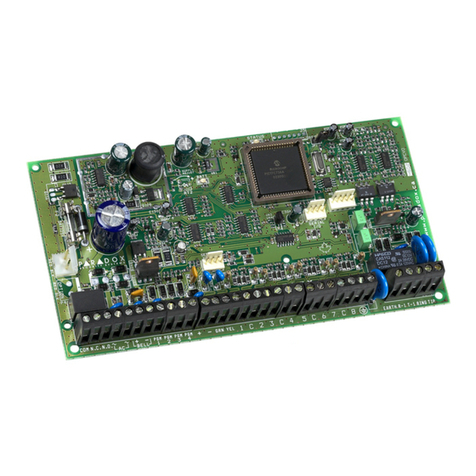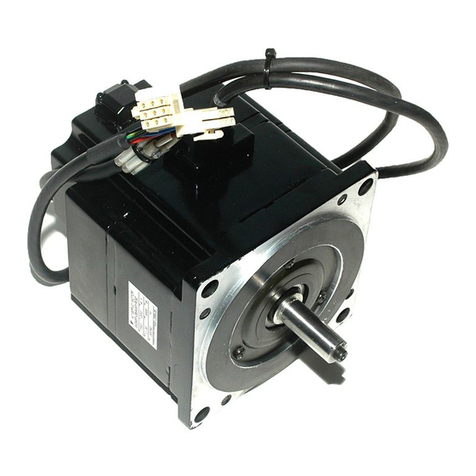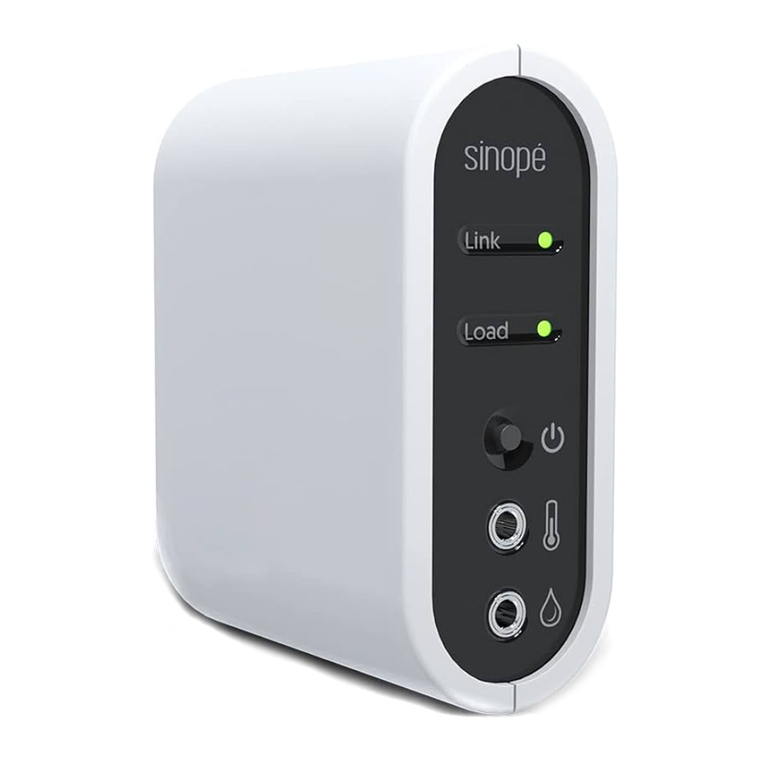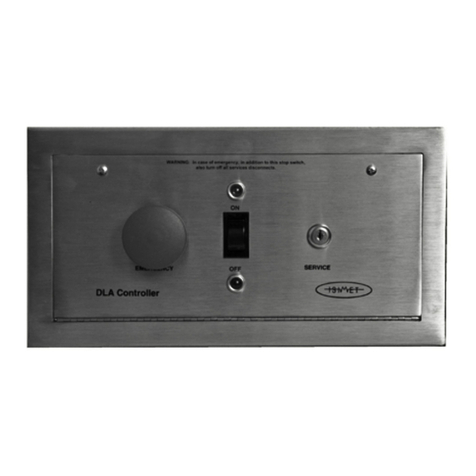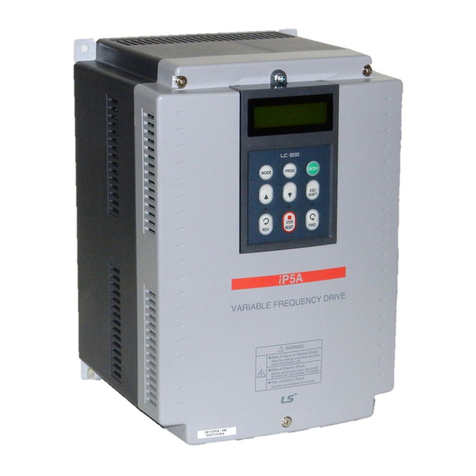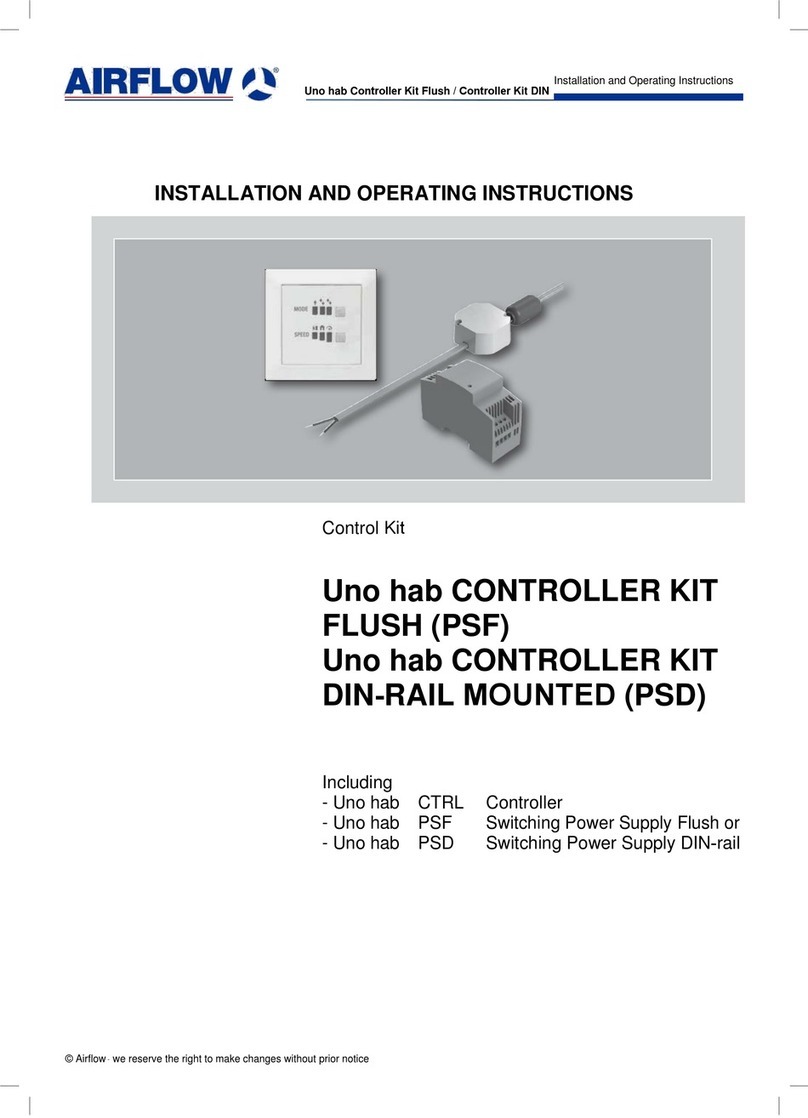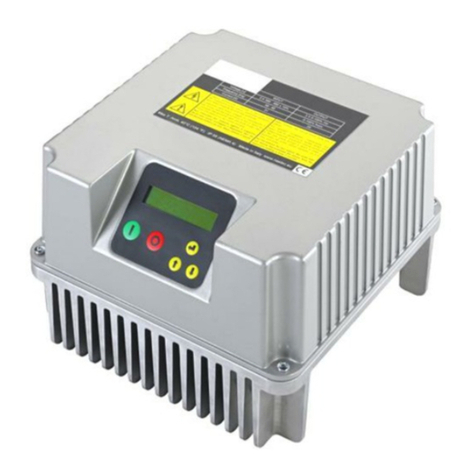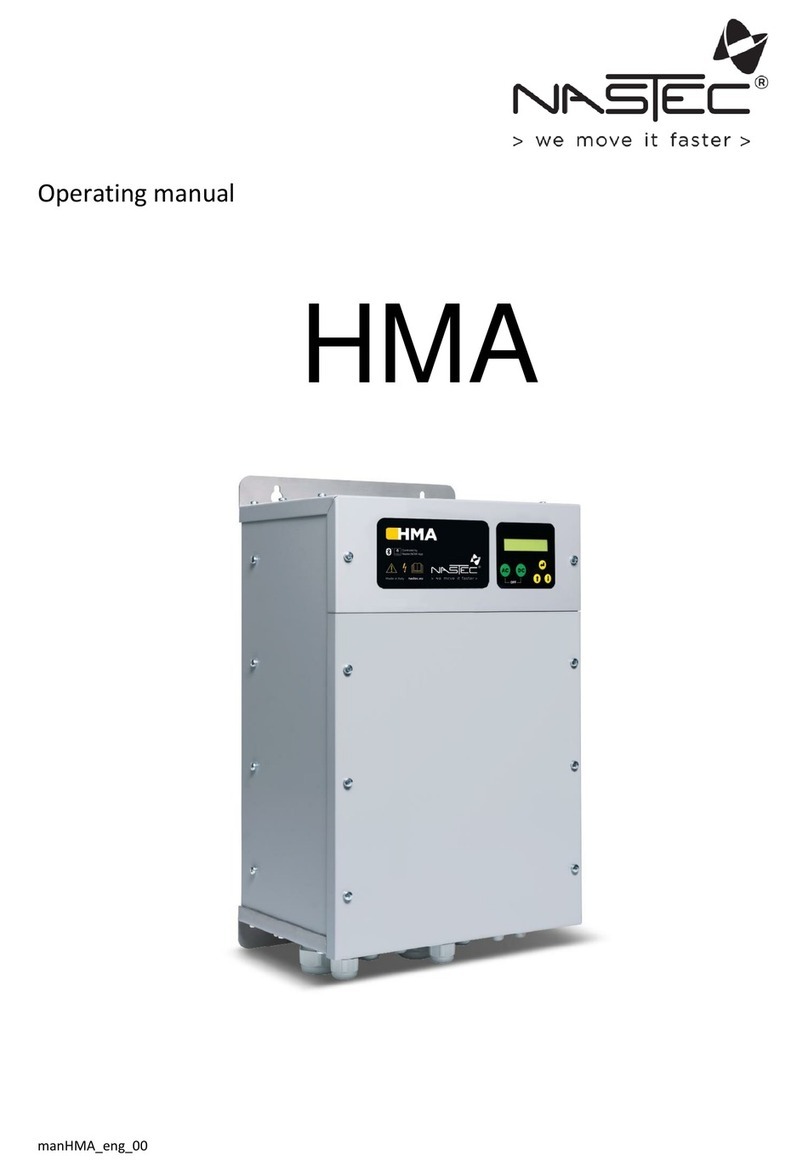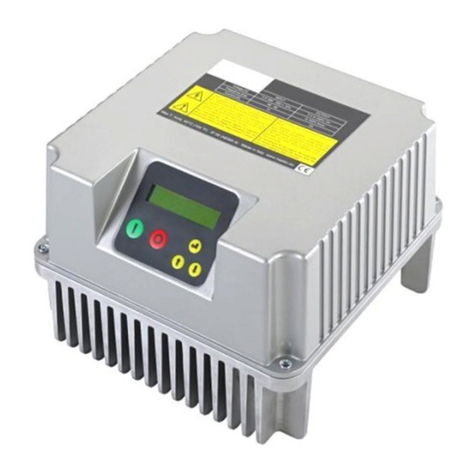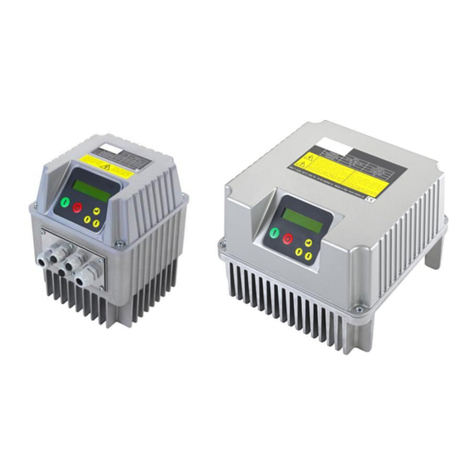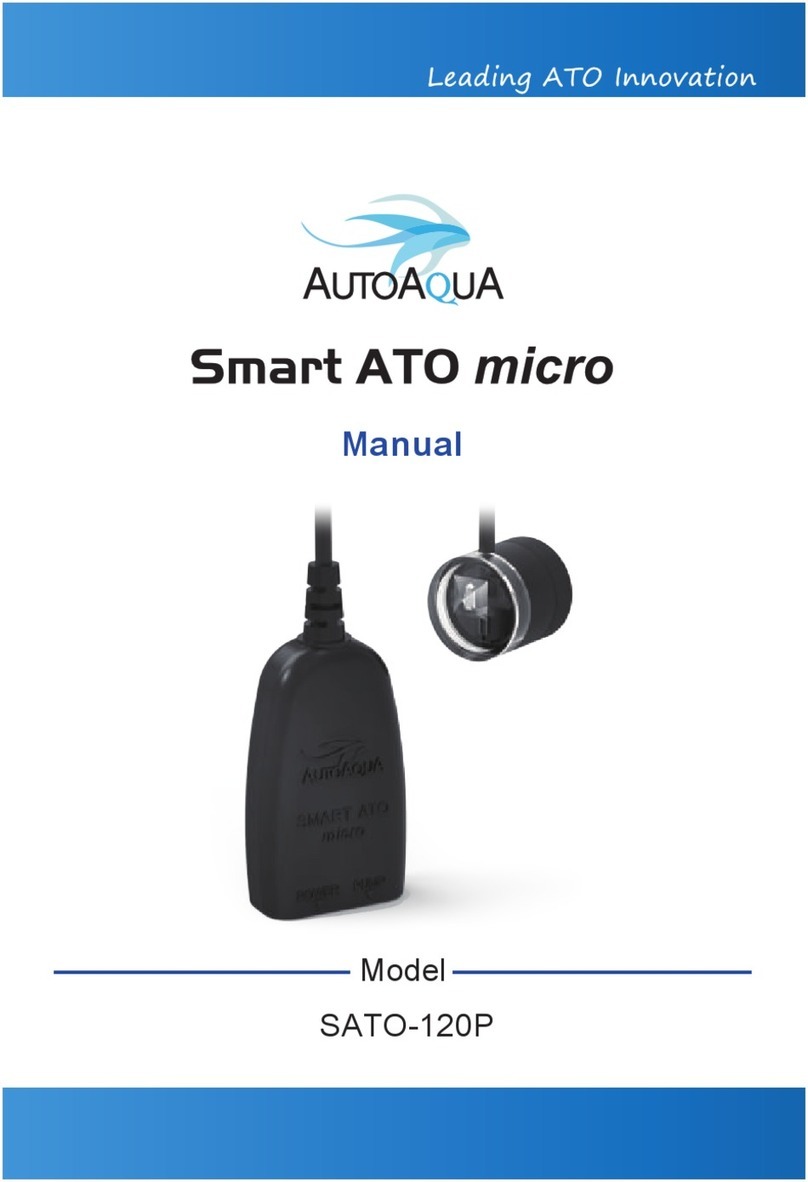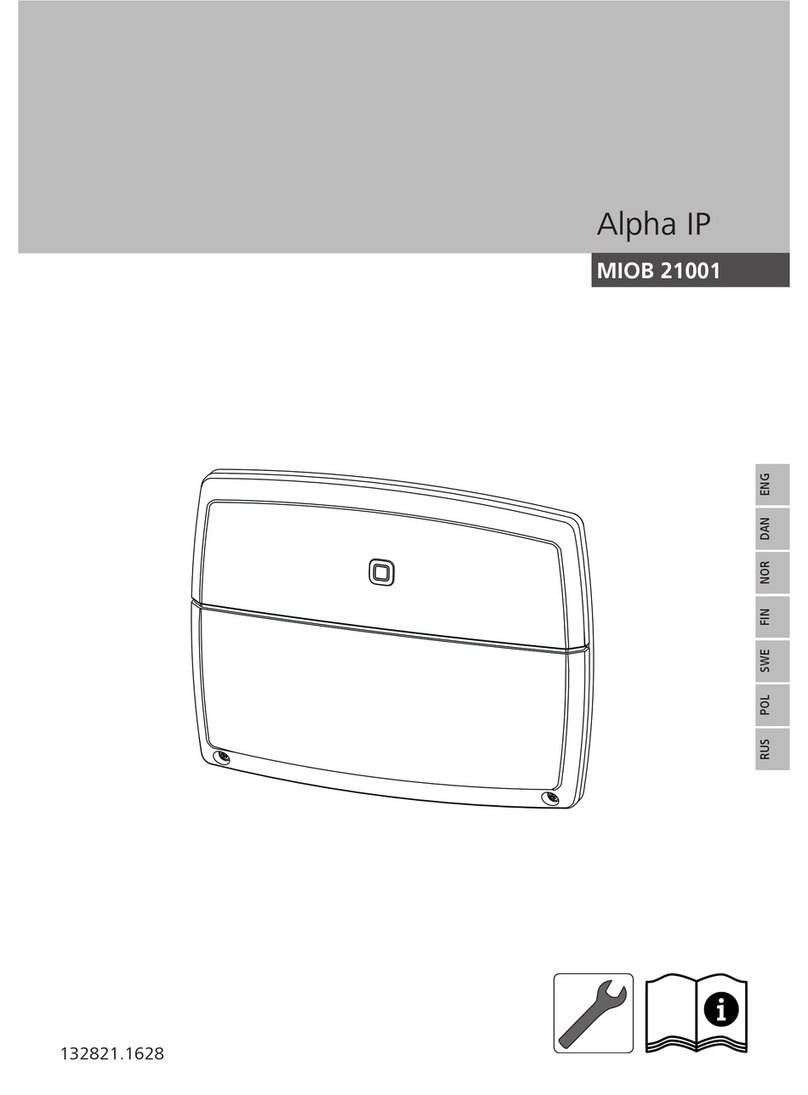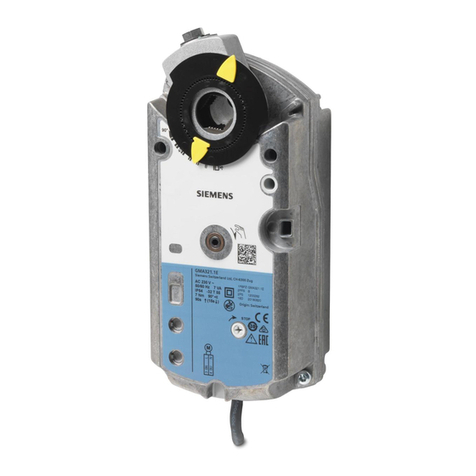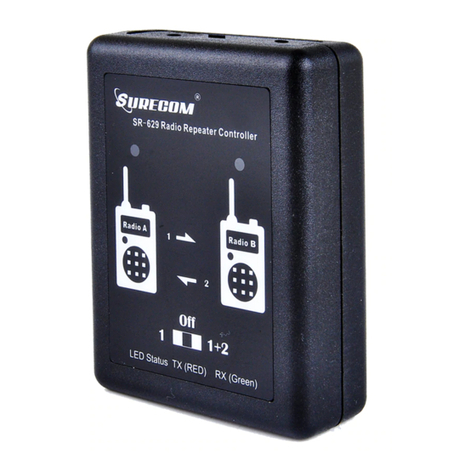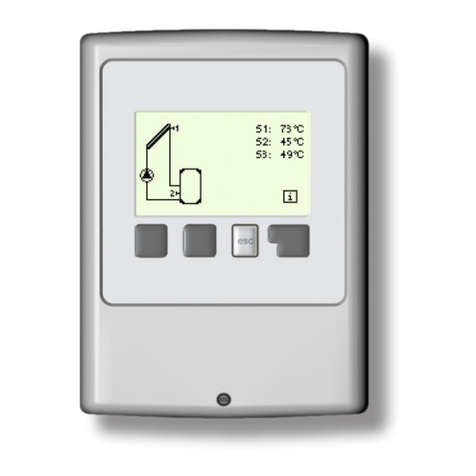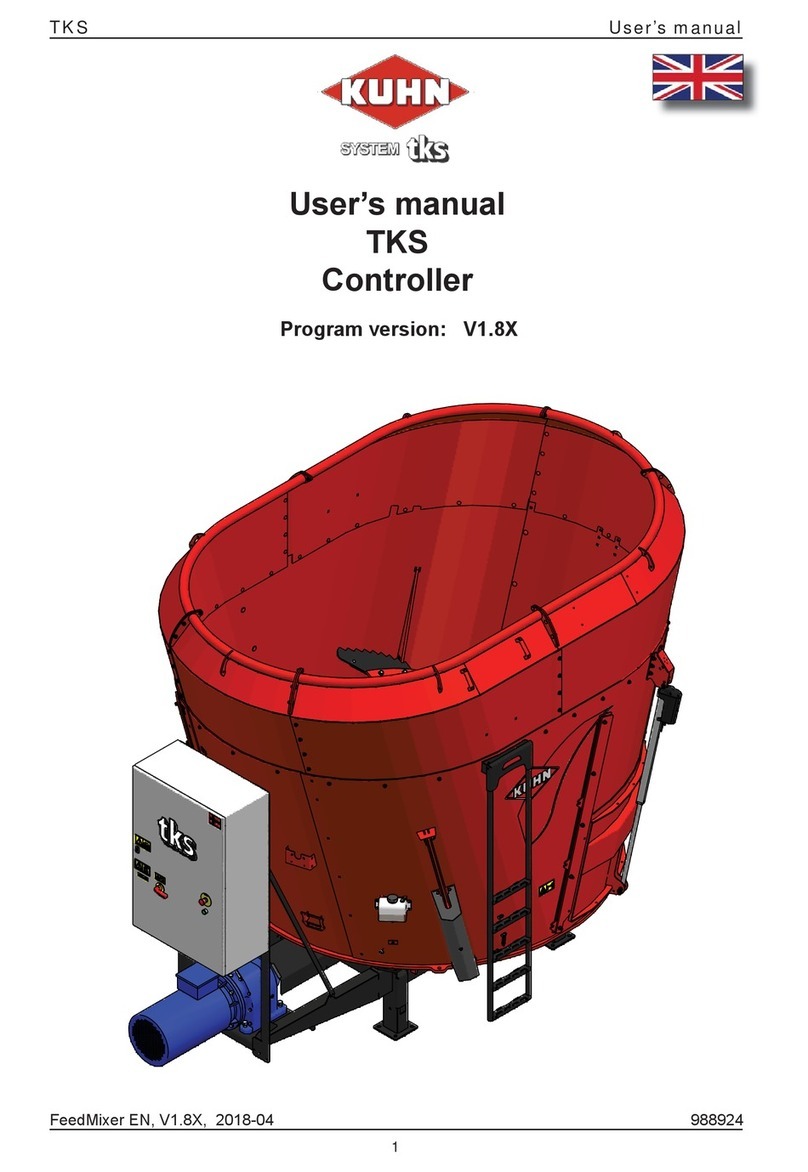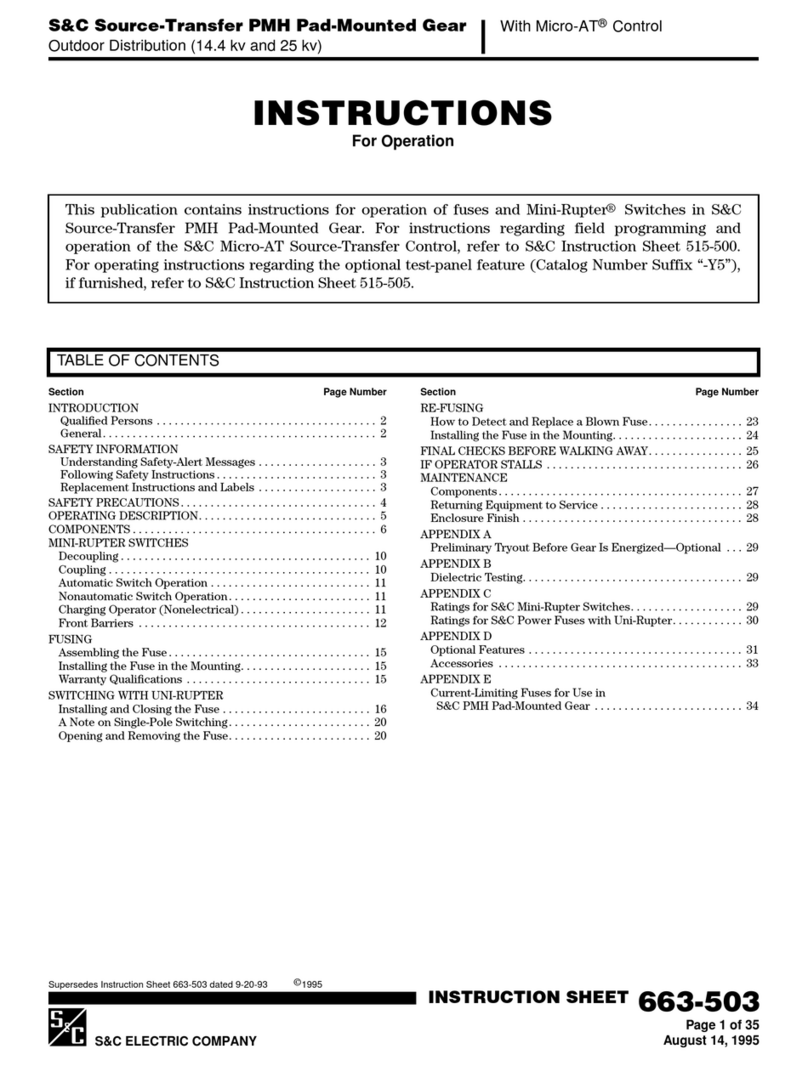
Table of Contents
1. Introduction ........................................................................................................................................ 5
1.1. Purpose of the manual .............................................................................................................. 5
1.2. Product overview ...................................................................................................................... 5
2. Safety ................................................................................................................................................ 6
2.1. Symbols .................................................................................................................................. 6
2.2. Qualified personnel .................................................................................................................. 6
2.3. Safety warnings ....................................................................................................................... 6
2.4. Acoustic emission .................................................................................................................... 8
2.5. Certifications ............................................................................................................................ 8
3. Maintenance ....................................................................................................................................... 8
3.1. Maintenance ............................................................................................................................ 8
3.2. Warranty .................................................................................................................................. 9
3.3. Product registration .................................................................................................................. 9
3.4. Spare parts .............................................................................................................................. 9
3.5. Disassembly and repair .......................................................................................................... 10
3.6. Disposal ................................................................................................................................ 10
4. Transport and storage ....................................................................................................................... 10
4.1. Transport ............................................................................................................................... 10
4.2. Inspection on delivery ............................................................................................................. 10
4.3. Handling ................................................................................................................................ 11
4.4. Storage ................................................................................................................................. 11
5. Technical features ............................................................................................................................. 11
5.1. Name .................................................................................................................................... 11
5.2. Technical Data ....................................................................................................................... 11
5.3. Dimensions and weight ........................................................................................................... 13
5.4. Cables entry .......................................................................................................................... 13
6. Mechanical installation ...................................................................................................................... 13
6.1. Installation environment .......................................................................................................... 13
6.2. Cooling .................................................................................................................................. 14
6.3. Mechanical assembly of size 2 devices .................................................................................... 14
6.4. Assembly on-board the motor ................................................................................................. 16
6.5. Wall installation ...................................................................................................................... 18
7. Electrical installation .......................................................................................................................... 20
7.1. Grounding .............................................................................................................................. 20
7.2. Protection devices .................................................................................................................. 20
7.3. Connecting cables .................................................................................................................. 21
7.3.1. Power cables .............................................................................................................. 21
7.3.2. Control cables ............................................................................................................. 22
7.4. Electromagnetic Compatibility (EMC) ....................................................................................... 22
7.5. Electrical connections ............................................................................................................. 22
7.5.1. Power connections ...................................................................................................... 23
7.5.2. Control connections ..................................................................................................... 26
8. Commissioning ................................................................................................................................. 28
8.1. Preliminary checks ................................................................................................................. 28
8.2. Powering ............................................................................................................................... 28
9. Use and programming ....................................................................................................................... 29
9.1. Keyboard (version without display) .......................................................................................... 29
9.2. Keyboard and display ............................................................................................................. 30
9.3. Control via App ...................................................................................................................... 30
9.4. Initial display .......................................................................................................................... 31
9.5. FOC motor control .................................................................................................................. 31
9.5.1. Introduction ................................................................................................................. 31
9.5.2. FOC control calibration ................................................................................................ 31
9.5.3. Adjusting the FOC control ............................................................................................ 32
9.6. Menu ..................................................................................................................................... 33
9.7. Control parameters ................................................................................................................. 33
9.8. Motor parameters ................................................................................................................... 36
9.9. IN / OUT parameters .............................................................................................................. 37
MIDA
3
